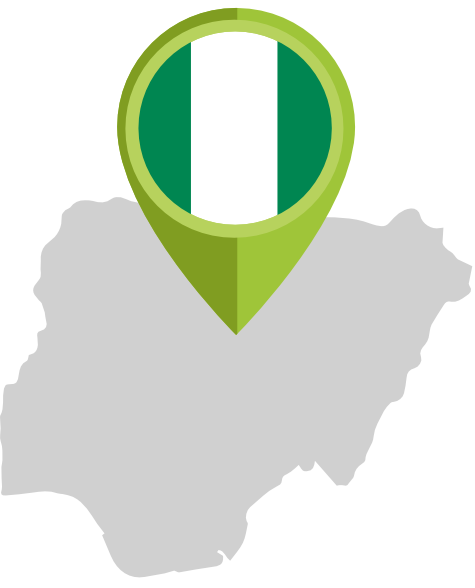Nigeria has 36 states, and its Federal Capital Territory (where Abuja is located) comprises these parts. Lagos, one of the world’s largest cities and the second-largest in Africa, is the capital of Nigeria.
Since the 1000s, Nigeria has been the site of several indigenous pre-colonial nations and kingdoms, with the Nok civilization in the fifteenth century BC representing the first internal unification of the country. The modern state was created by British colonialization in the 19th century, and Lord Lugard’s 1914 merged the Southern and Northern Nigeria Protectorates to give it its current territorial configuration.
On October 1960, Nigeria formally became a federation. Between 1967 and 1970, there was a civil war, and then there were several military dictatorships and democratically elected civilian governments till the 1999 presidential election brought about a stable democracy. However, the incumbent president did not win reelection in the general election 2015 for the first time.
Nigeria is a multicultural state with over 250 ethnic groups that speak 500 other languages and identify with various cultural traditions. The Hausa in the north, the Yoruba in the west, and the Igbo in the east make up the three major ethnic groupings, making up more than 60% of the overall population. English was chosen as the official language to promote linguistic cohesion at the national level. The constitution of Nigeria guarantees religious freedom, and some of the world’s largest Muslim and Christian populations call Nigeria home.
Muslims, who reside primarily in the north of Nigeria, and Christians, who are mainly in the south; indigenous religions, such as those exclusive to the Igbo and Yoruba ethnic groups, are in the minority.

